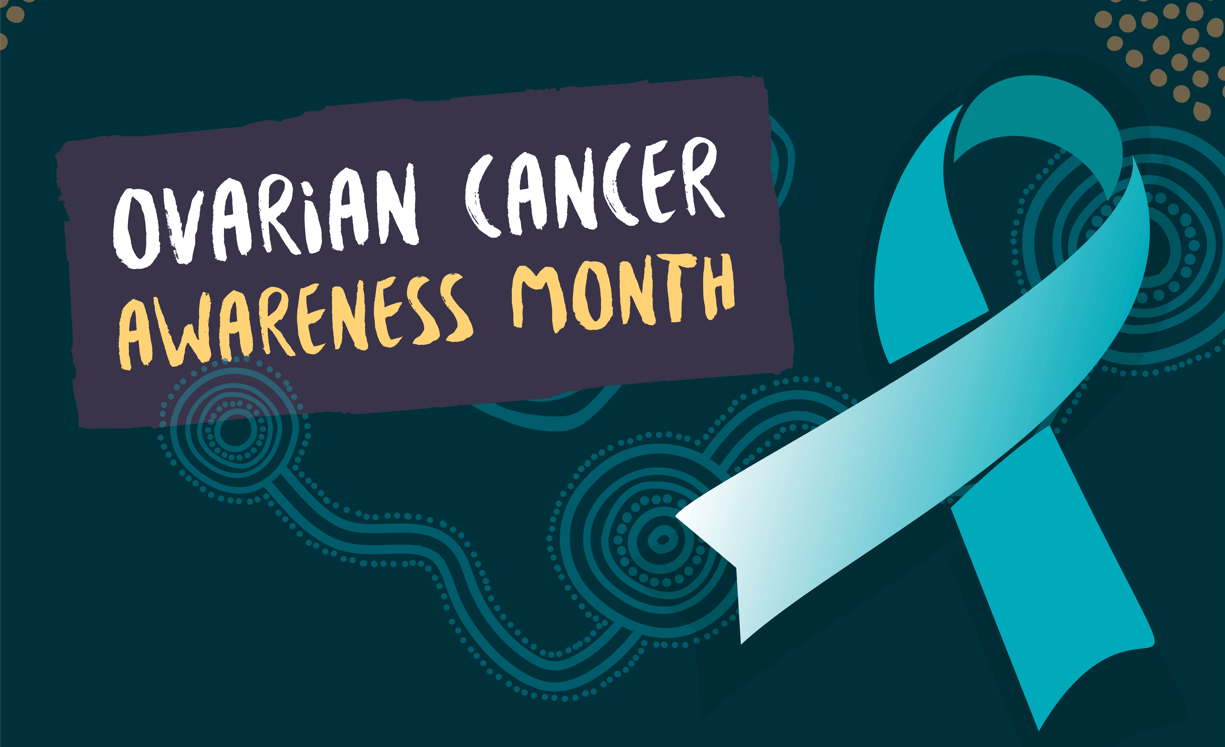News & Events


Ovarian Cancer Myths vs Facts
Did you know every year it is estimated that 1720 Australian women will be diagnosed with ovarian cancer? During Ovarian Cancer Awareness Month we’re here to shed some light on the disease and debunk several common ovarian cancer myths to help reduce misconceptions and increase better survival outcomes.
MYTH: The HPV vaccine will protect you
FACT: The HPV vaccine can only protect you from some human papillomavirus (HPV) types which can protect you from HPV related cancer, including cervical cancer. There are currently no vaccines that protect against ovarian cancer, but there are ways you can reduce your risk. Talk with your GP about developing a risk management plan.
MYTH: A Pap smear can detect ovarian cancer
FACT: Unfortunately, there is currently no known early detection test to identify ovarian cancer. A Pap smear, also known as a cervical cancer screening test, can only identify the presence of cervical cancer.
MYTH: Ovarian cysts are a type of cancer
FACT: Having an ovarian cyst does not necessarily mean you have cancer. In most situations, cysts are harmless and will disappear on their own, whereas cancer will not go away.
MYTH: You do not need to worry unless you have a family history
FACT: While having a family history can put you at risk of developing the disease, many other risk factors can increase your chance of diagnosis. These include ageing, being overweight, smoking, having diabetes, endometriosis or diabetes and not having children.
MYTH: Ovarian cancer is incurable
FACT: If found early, the chances that you will survive for more than five years are over 90%. This is why it’s important to know the signs, symptoms and risk factors. If you suspect that there might be something wrong, have a yarn with your local clinic on 3240 8900 (press 4).
To learn more about ovarian cancer, visit Ovarian Cancer Australia.





